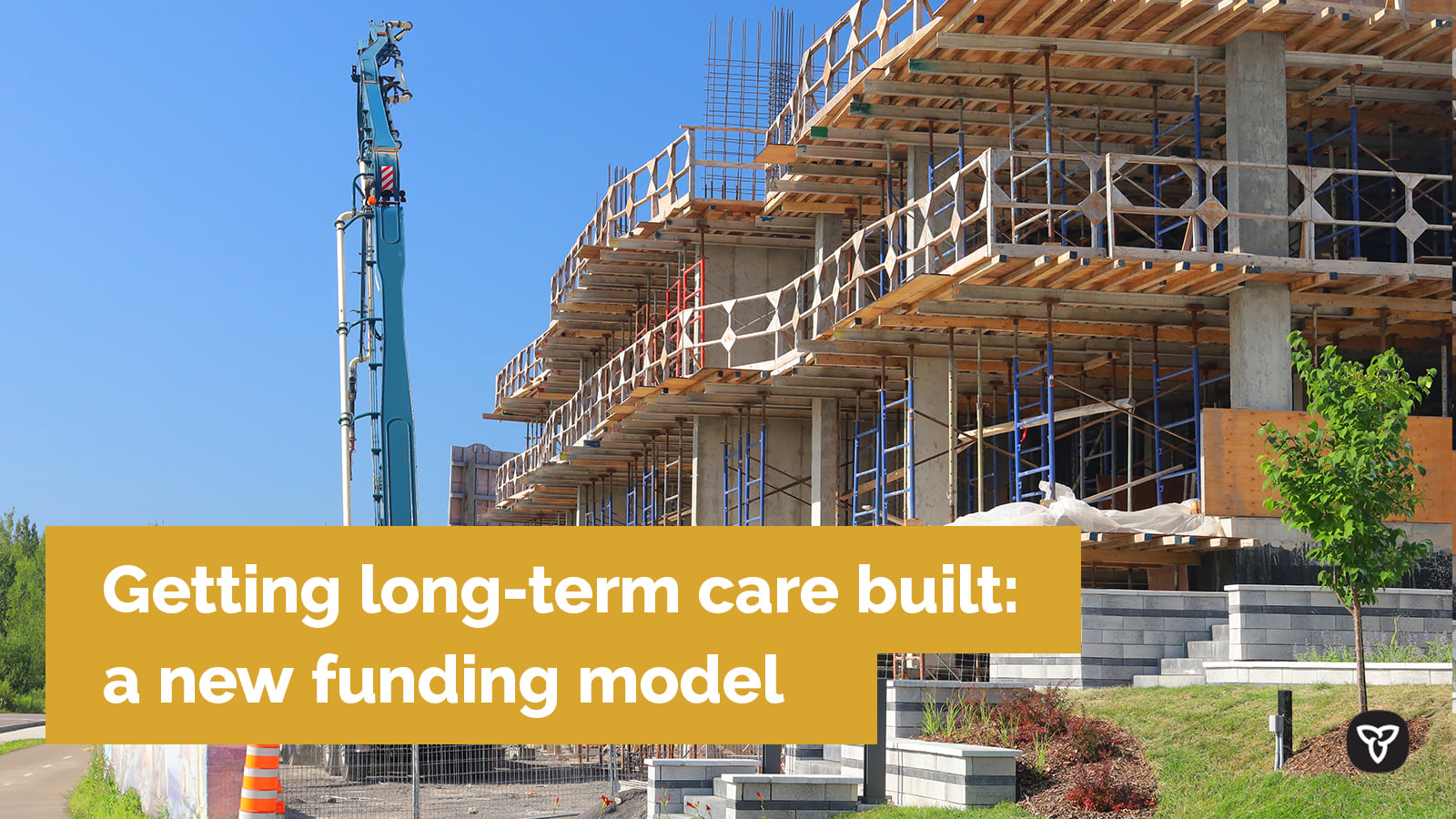The Ontario government recently allocated historic funding to long-term care homes, with a significant portion aimed at reducing falls leading to hospital admissions among residents. This initiative is part of a broader effort to improve the quality of care and safety in these facilities.
Funding and Initiatives
The 2024 Ontario budget includes substantial investments to enhance long-term care, including specific measures to prevent falls through the Nursing and Personal Care (NPC) funding envelope (Ontario Providing More Funding to Build Long-Term Care Homes). These measures encompass upgrading facilities, increasing staff training, and implementing new technologies designed to detect and prevent falls. The government aims to create safer environments for residents, thereby reducing the incidence of falls and associated injuries, and hospital admissions.
Cost and Impact of Falls
Falls in long-term care homes have significant costs, both financially and in terms of staff time. Falls often lead to severe injuries such as fractures, which necessitate medical interventions and prolonged recovery periods. This places a burden on the healthcare system, contributing to increased hospital admissions and higher medical expenses.
For the healthcare system, falls among the elderly are a major concern. They account for a substantial portion of emergency room visits and hospital stays. The cost of treating fall-related injuries is considerable, often involving surgery, rehabilitation, and long-term care.
Esprit-ai Sense™ Fall Prevention Predictive Technology
Esprit-ai’s advanced sensor technology is revolutionizing safety in long-term care homes by not only detecting falls in real time, but also by leveraging predictive analytics to prevent future incidents.
These sensors are strategically placed to monitor residents continuously, identifying falls instantly and communicating alerts to nurses and care staff, ensuring a prompt response.
Beyond immediate detection, the sensors collect and analyze data over time, identifying patterns and risk factors associated with falls. By employing machine learning algorithms, Esprit-ai can predict potential falls based on this data, enabling care teams to implement preventative measures, such as modifying the resident’s environment or adjusting their care routines. This proactive approach enhances resident safety, reduces the incidence of falls, and ultimately improves the overall quality of care.

